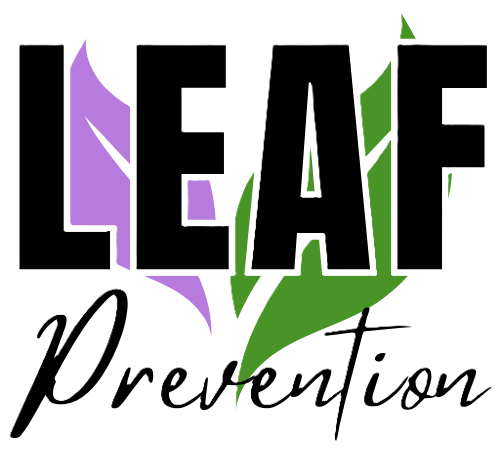

Blog Posts
Start the year fresh with an alcohol-free month. People who accept the Dry January challenge experience a number of benefits. Learn more.
“Can I get you a drink?”
“No thanks—I’m doing Dry January.”
Have you heard of Dry January? What’s it all about, and is it worth trying?
The “dry” part of Dry January refers to abstaining from alcohol. People who participate in Dry January commit to taking a one-month break from drinking any kind of alcohol (including beer, wine, and spirits). This can be a way to start the year off fresh and give the body a break from the damaging effects of alcohol.
Dry January came from a British organization called Alcohol Change UK. This group pioneered Dry January in 2013, then trademarked the term in 2014 (source: Cleveland Clinic). You don’t have to be affiliated with its inventors to participate, though; anyone can commit to a month of abstaining from alcohol. Harvard Health estimates that millions of people now try a Dry January every year.
According to counselor Alan Berki, LISW-S, “Anyone who drinks can benefit from doing Dry January” (source: Cleveland Clinic). While this reset can be especially helpful for heavy drinkers, anyone who imbibes is at risk for alcohol-related health issues.
Here are a few possible benefits of an alcohol-free month:
Better sleep (which helps a number of other bodily functions)
Improved mood (helpful to beat the winter blues)
Increased energy (and the potential for more physical activity as a result)
Decreased risk for a number of alcohol-related cancers and heart issues
Reduced liver fat, cholesterol, and blood sugar
Improved health and weight (alcohol contains many calories with little nutritional value)
Improvements in skin appearance (alcohol is dehydrating, which negatively affects many body systems)
Saving money that would have otherwise been spent on alcohol
The potential to break a drinking habit and reexamine your relationship with alcohol
If you’re up for the challenge of Dry January, consider the following tips to help you stay on track:
Plan ahead. Instead of keeping alcohol in the house, remove it from your reach so that it’s not as easy to have “just one drink.” If you’re going out, look at the menu ahead of time and see if they have any mocktails available—many places now do! Bring nonalcoholic drink options with you when you go to a party or friend’s house. And don’t forget about your other hobbies and interests—you may feel that you have more time on your hands when you’re not drinking. Keeping busy will help.
Be accountable. Don’t keep your commitment a secret—tell your friends and family about your goal!
Notice your feelings. While taking a break from alcohol, you may have enough distance to evaluate why you drink or how you’re feeling without alcohol. This can be a good time to reflect on your habits and decide how you’d like to continue the year after the challenge ends.
Talk to your healthcare provider before you start. If you have been drinking regularly or heavily, be aware of the potential for withdrawal. The Cleveland Clinic lists more information about this here.
We hope you’ll give Dry January a try this year! If you find that you need help with your alcohol use, please reach out to us at (607) 432-0090. Our staff can connect you with local resources to help.
Claudia, Coons. “Dry January: Giving up Alcohol Can Mean Better Sleep, Weight Loss and More Energy.” news. Accessed December 16, 2024. https://health.ucdavis.edu/news/headlines/dry-january-giving-up-alcohol-can-mean-better-sleep-weight-loss-and-more-energy/2023/01.
Cleveland Clinic. “Why You Should Try a Dry January.” Accessed December 16, 2024. https://health.clevelandclinic.org/is-doing-a-dry-january-good-for-your-health-or-not.
Solan, Matthew. “Thinking of Trying Dry January? Steps for Success.” Harvard Health, January 3, 2022. https://www.health.harvard.edu/blog/thinking-of-trying-dry-january-steps-for-success-202201032662.